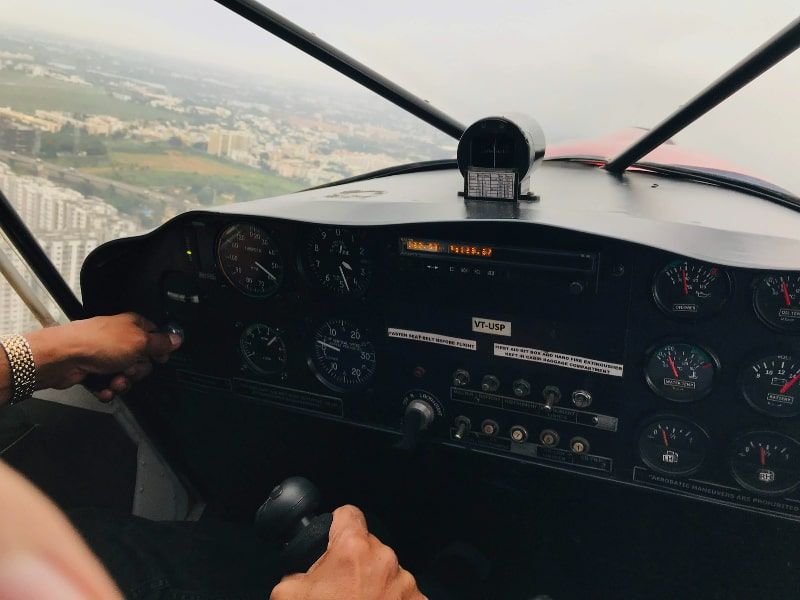Illegal Flights and Their Security Risks in Mexican Airspace
A safety alert is reported every 36 hours in Mexico's airspace for aircraft linked to organized crime activities, false documentation, illegal transportation of hydrocarbons, and acts of corruption by public officials.





